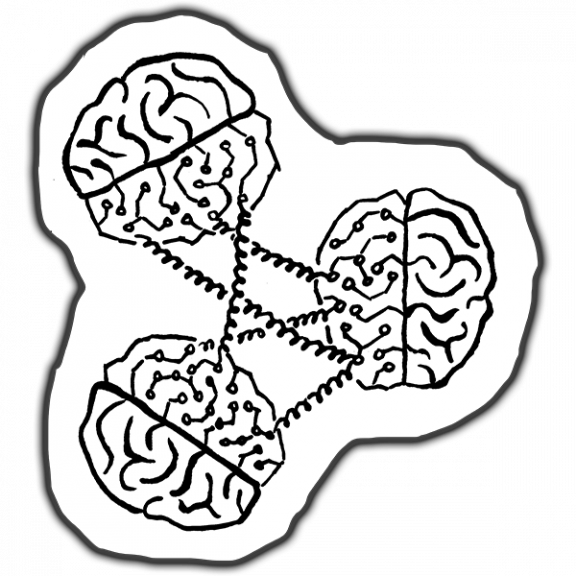
Knowledge Compass
When human aid actors face critical decisions, it is a challenging task to see trusted expertise and to keep an overview of relevant information. Recent developments in data management, analysis, and automation allow for the acceleration of knowledge extraction, as well as the optimised finding of meaningful information and the collaborations that can provide it. We aim to create a minimal-effort, transparent, neutral, and distributed knowledge exchange system to make decisions with more impact in less time.
Project Team

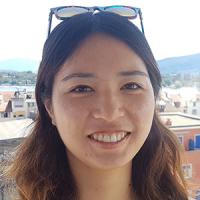
Andrea Choi

Andy Andrea
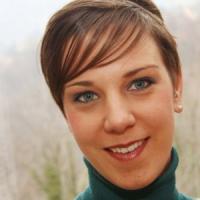
Anna Gottschalk
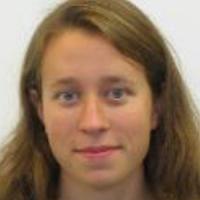
Anne-Laure Lamure

Barbara Rusconi

Ben Segal
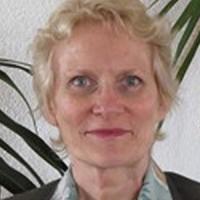
Beris Gwynne
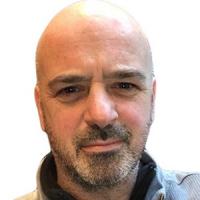
Duco Tellegen
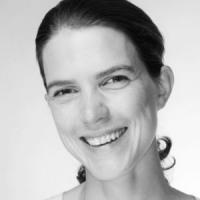
Elisabeth Pfund

Evi Kavrochorianou
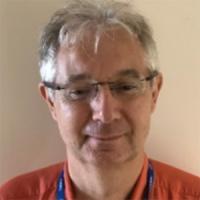
Jean-Marie Le Goff
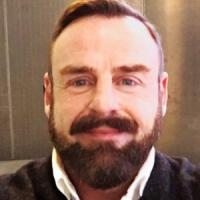
John Skidmore

Margot Montassine
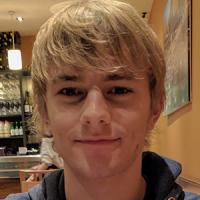
Mathis Gerdes
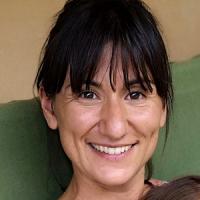
Nicoletta Garelli

Nina Laribi

Peter Glenday
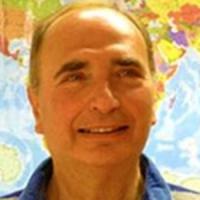
Randolph Kent
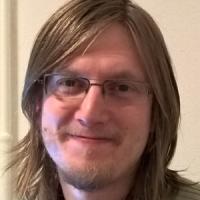
Richard Forster

Robin Coupland
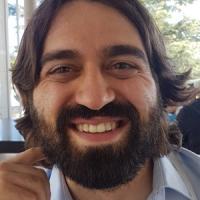
Simone Montesano

Skip Shelly

Stefan Haselwimmer

Tina Beattie
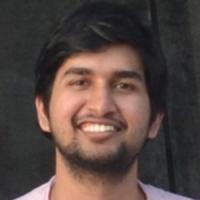
Umang Mishra
Knowledge Compass
Image
